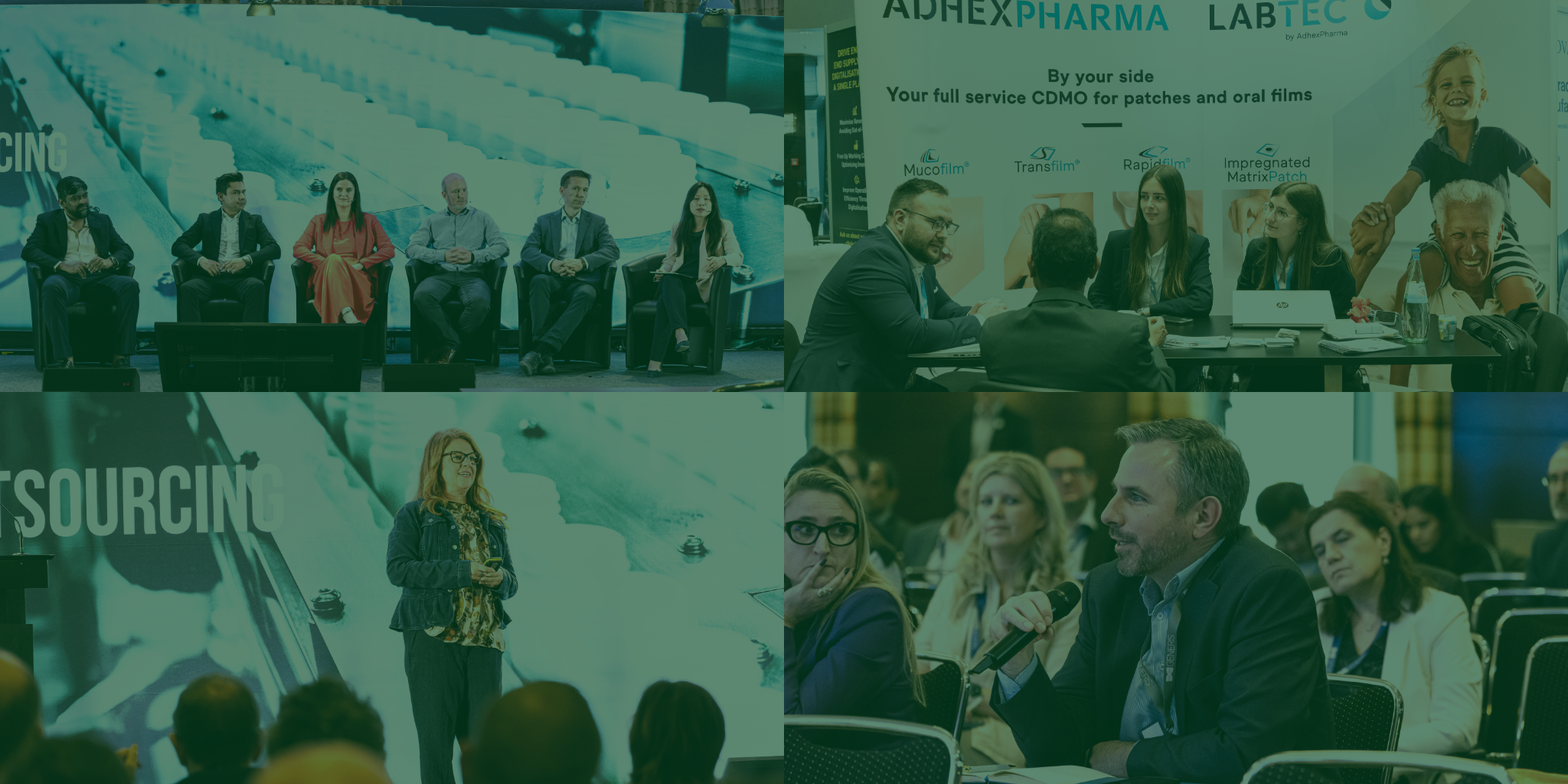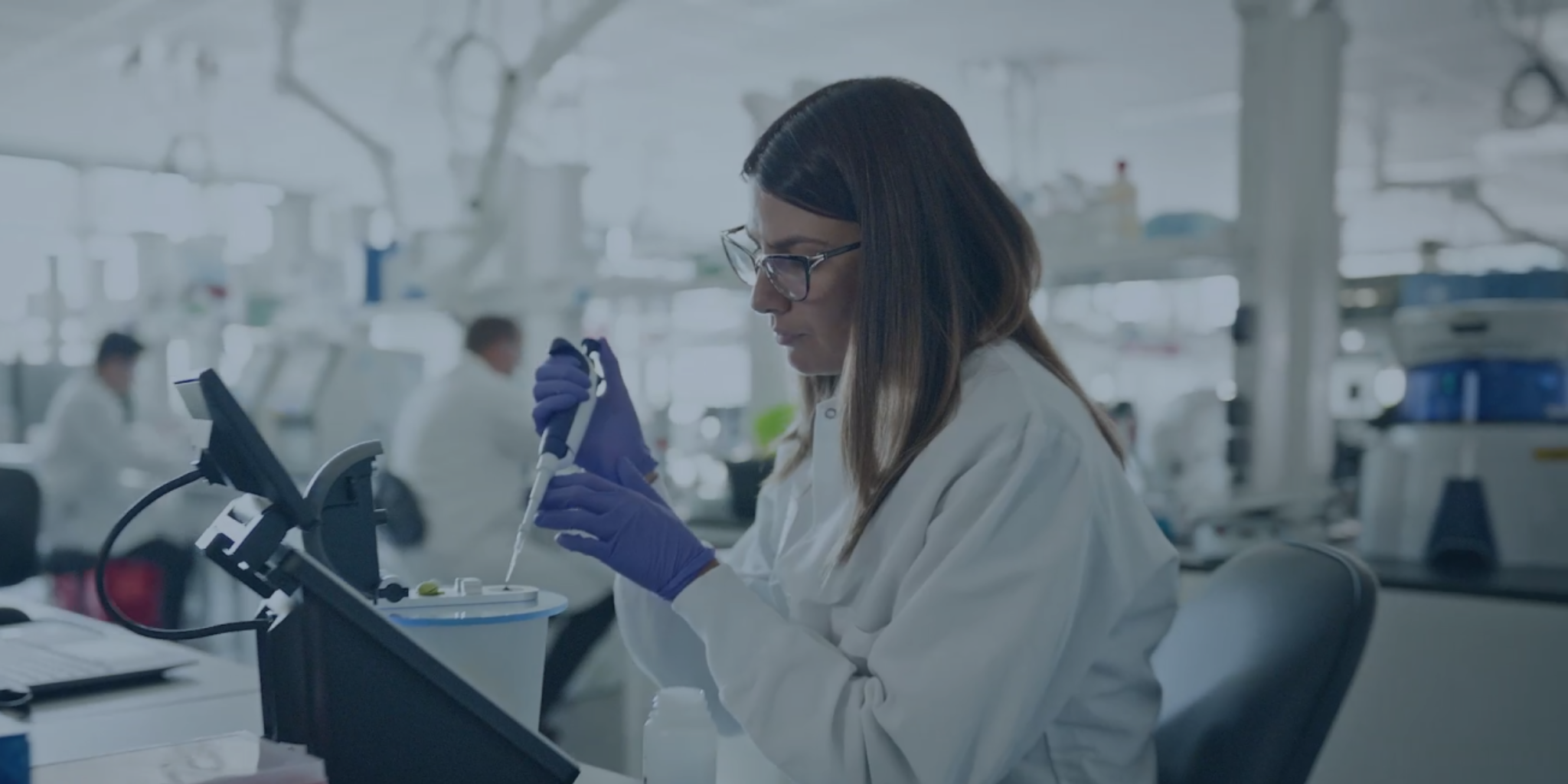 Ellen Laas is Co-Founder and CEO of PlantTec Medical and serves on the Board of Directors. Prior to being appointed CEO in May 2023, Ellen Laas was Chief Operating Officer of PlantTec Medical and was responsible for the portfolio and market expansion, including End-to-End management, sales activities, and service and support in all markets and countries.
Ellen Laas is Co-Founder and CEO of PlantTec Medical and serves on the Board of Directors. Prior to being appointed CEO in May 2023, Ellen Laas was Chief Operating Officer of PlantTec Medical and was responsible for the portfolio and market expansion, including End-to-End management, sales activities, and service and support in all markets and countries.
In addition, she played a key role in the ongoing development of strategic distributor and supplier relationships. Prior to co-founding PlantTec Medical, she worked for more than 15 years in the healthcare business. She started her professional career in hospital administration, where she was mainly responsible for cooperation options with the healthcare industry. Ellen has a degree in Business Administration.
As an exciting addition to the European Medical Device Summit, Ellen Laas will host a lunch-and-learn session titled "Exploring Strategic Medical Device Development as a Paramount Focus for Manufacturers."
Introduction:
Alongside the automotive, chemical, and mechanical engineering industries, the medical device industry is an important pillar of the German economy. Our industry employs more than 250,000 people. Total turnover in the medical device industry reached EUR 38.4 billion in 2022. More than 67% of total sales were generated through exports.
More than 90% of medical device companies in Germany are Small and Medium-sized Enterprises (SMEs). Constant innovation, short product cycles, and high-quality standards are characteristic of our industry and crucial for survival. A high level of expenditure on research and development (R&D) is essential. Around 9% of the industry's turnover is spent on R&D.
SMEs play a vital role in driving innovation forward. However, they face unique challenges in navigating the complex landscape of strategic medical device product development.
How does an organization's strategic approach ensure alignment with evolving regulatory requirements while still achieving its business goals?
One of the primary challenges for SMEs in medical device development is navigating the rigorous regulatory environment. Compliance with European MDR requires significant resources and expertise for documentation, stringent testing, and conformity assessments. SMEs may lack the personnel and financial resources needed to navigate the complexities of MDR compliance, leading to delays in product development and market entry.
Simplification of procedures is necessary - less bureaucracy and clear guidelines - to speed up the market launch of new products. Furthermore, better coordination with international regulatory frameworks is also needed to facilitate global trade.
How can adequate funding be secured within the constraints of an SME?
Securing adequate funding is a critical factor for the success of SMEs in the medical device industry, particularly in the early stages. However, SMEs often face significant challenges in accessing the necessary capital to support research, development, and commercialization efforts. Investors or traditional financing options, such as banks, may view medical device ventures as high-risk investments, especially if the SME lacks a track record of commercial success or tangible assets for collateral.
How do collaborations and partnerships play a pivotal role in the development and commercialization of medical devices?
SMEs in Germany face stiff competition from larger medical device companies with greater financial resources and an established market presence. Competing with these industry giants presents numerous challenges for SMEs in the medical device industry, including limited resources, brand recognition, R&D capabilities, distribution channels, and regulatory compliance. But despite these obstacles, SMEs can leverage their agility, innovation, and niche expertise to carve out a competitive advantage in specific market segments. Collaboration, strategic partnerships, and targeted marketing efforts are essential strategies for SMEs to overcome the challenges of competing with larger players.
Could you discuss the role of risk assessment and risk management in the strategic planning process for medical device development and how manufacturers balance innovation with risk mitigation?
Maintaining a balance between innovation and quality is crucial for SMEs in medical device development. While innovation drives competitiveness and market differentiation, ensuring product quality and safety is paramount. By fostering a culture of innovation, investing in R&D, implementing robust QMS, embracing risk management practices, promoting collaboration, and investing in talent and training, SMEs can deliver safe, effective, and innovative products to the market.
"Collaboration, strategic partnerships, and targeted marketing efforts are essential strategies for SMEs to overcome the challenges of competing with larger players."
How do manufacturers incorporate market access and reimbursement systems into their overall strategic approach?
Establishing effective distribution channels and gaining market access poses significant challenges for SMEs in Germany. Accessing key healthcare markets and navigating reimbursement systems require strategic partnerships and market expertise. Limited resources may hinder SMEs' ability to penetrate markets effectively and reach target customers.
Looking ahead, what emerging trends or challenges do you foresee that will further underscore the importance of strategic medical device development, and how should manufacturers prepare to address these concerns proactively?
Product development should not only focus on medical benefits. Practical issues such as reimbursement of the statutory health insurance fund are important, too. Companies must determine early in the innovation process which market is best suited for market entry, which certification is appropriate, and which potential competitor products could also enter the market.
In Germany, the reimbursement catalog of the statutory health insurance fund often decides whether a new medical product will succeed for companies. On average, it takes around seven years for statutory health insurance companies to cover the costs of a new product. German politicians have promised to speed things up, but not much has happened so far. Although private health insurers in Germany are much quicker to cover the costs of new products, only 5% of people in Germany with health insurance are privately insured.
Additionally, rising costs in the areas of logistics, raw materials, and energy, an increasing bureaucracy, the MDR, price pressure from hospital chains and health insurance companies, sluggish digital transformation and innovation, insecurity due to the planned hospital reform, uncertain supply chains, and environmental regulations are further hurdles for SMEs.
More than half of companies see the shortage of skilled workers as a profit-reducing factor; there is generally a lack of professional staff with relevant skills and expertise. Germany needs an economically healthy and internationally competitive medical device industry, which is strong in research to keep top talents, including researchers and entrepreneurs. Politics and the medical device industry must be in constant dialog to work together on an efficient MedTech Strategy 2030 with a concrete catalog of measures.
Special thanks to Ellen Laas for her valuable time and exceptional insights! We eagerly anticipate her lunch-and-learn session, "Exploring Strategic Medical Device Development as a Paramount Focus for Manufacturers," at the European Medical Device Summit.
If you're keen on immersing yourself further into the ever-evolving realm of medical devices and gaining more perspectives from esteemed industry experts like Ellen Laas, we encourage you to attend the upcoming European Medical Device Summit!
%20(1).png?width=773&height=112&name=Generis%20Logo%20full%20Colour%20(Large)%20(1).png)
.png?width=912&height=456&name=Ellen%20header_2%20(1).png)



